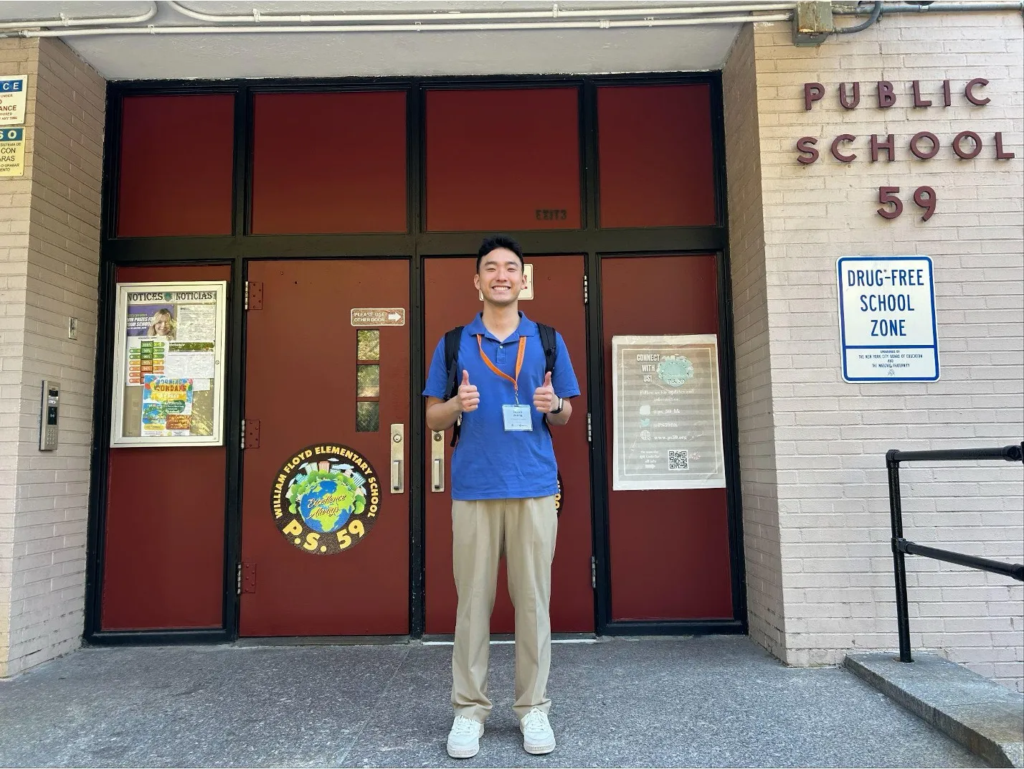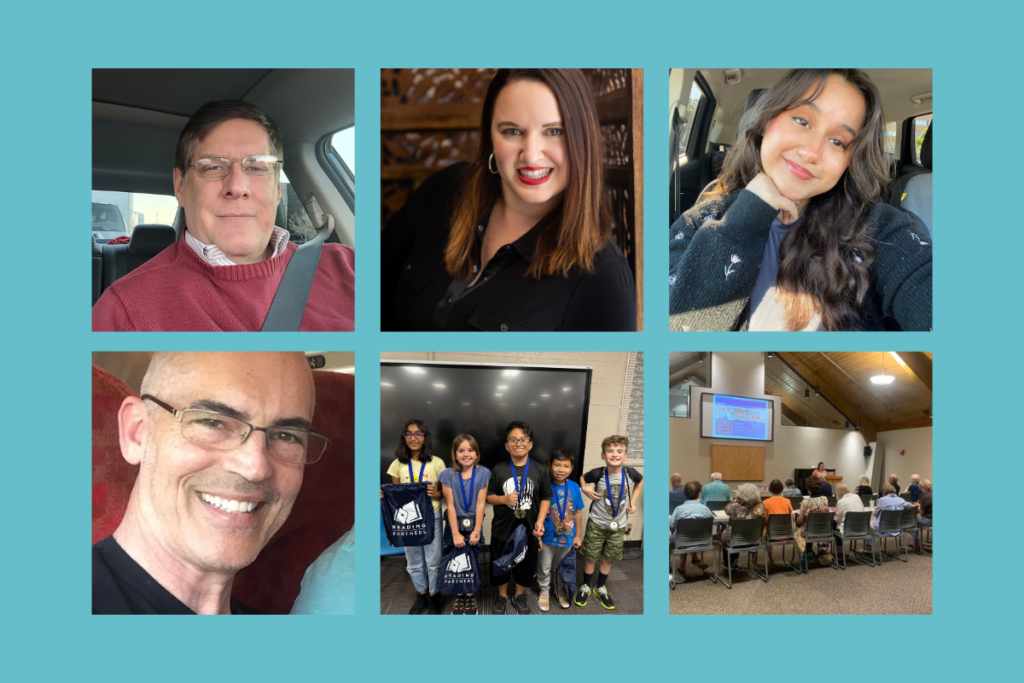
Science of Reading in the 21st Century Classroom: Getting Our Students on Grade Level
June 28, 2024
Originally posted on ASU + GSV Summit.
In working with districts to overhaul their literacy programs to align with the Science of Reading, we hear over and over how hard it is to make changes in curriculum and approach. “Big changes take time” and “it’s a marathon, not a sprint” are common refrains. Certainly, change is hard, and it’s important to support schools and teachers throughout the process. But kids do not have the luxury of a literacy marathon – a sprint may be all they get. Without immediate action, many will never learn to read. Hear from district leaders, industry experts, and literacy specialists on how to build a Science of Reading-based literacy program and successfully onboard staff while boosting student reading rates. They will describe the key components of a high-functioning literacy program, talk about what challenges to tackle and when, and share effective strategies for increasing student reading proficiency while implementing these changes.



